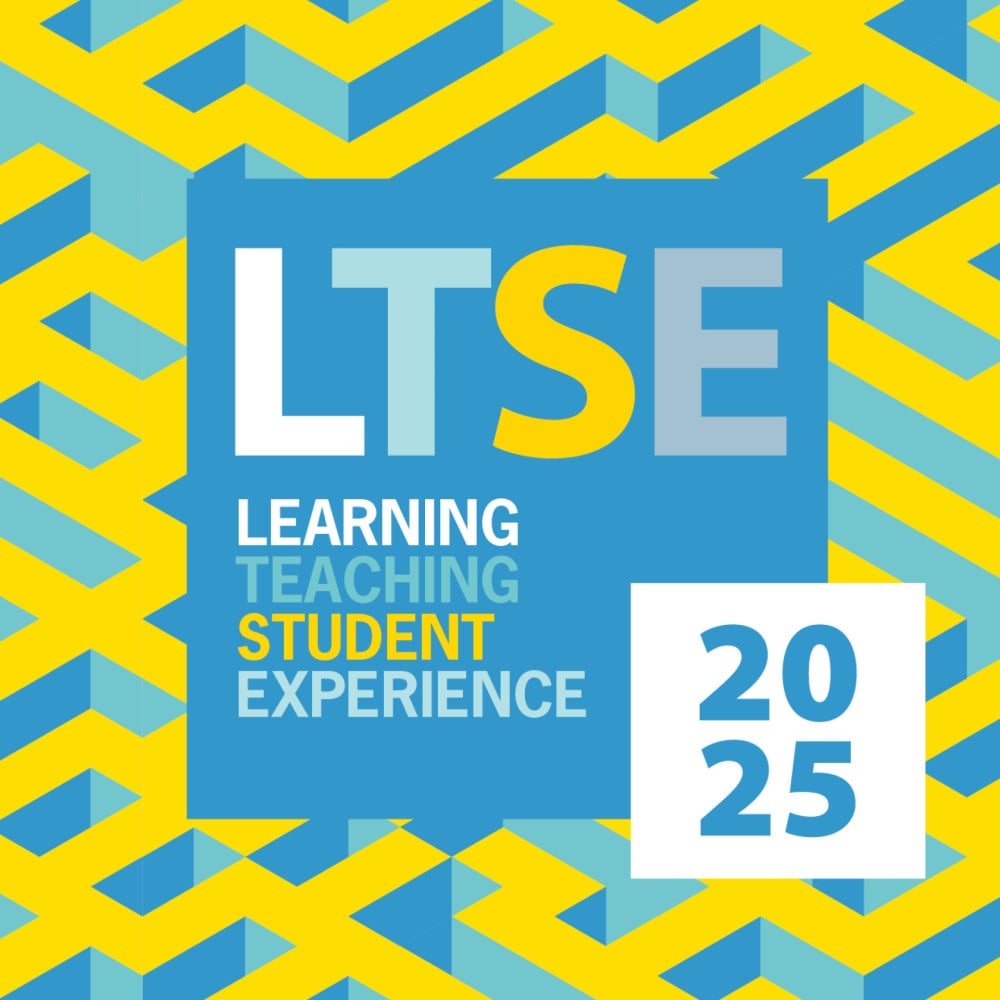
Chartered ABS responds to the DfE’s technical consultation on the International Student Levy
The Chartered ABS has submitted its response to the Department for Education’s technical consultation on the International Student Levy.
AI in education: Friend or foe for educators?

Authors

Dr Lubna Rizvi CMBE
Assistant Lecturer, College of Business and Law, Coventry University
Dr Lubna Rizvi CMBE reflects on her experiences both as an educator with English as a second language and lecturer in Business Processes and Operations Management, to ask if AI can enhance learning, or is a shortcut that undermines academic integrity.
Teaching is a journey filled with challenges, and for educators like me coming from a diverse background and teaching in a language that is not my native tongue, these challenges can sometimes feel overwhelming. Engaging students with different learning needs, keeping up with evolving teaching methods, and making lessons more interactive require constant innovation. This is where AI is stepping in to change the game.
Even though English is not my first language, I have been educated entirely in English since kindergarten. Despite this, I still had to send my PhD thesis for professional proofreading and make significant revisions to how I presented my results. This highlights a key issue in academia: the persistent challenges of language barriers, even for those who have spent their entire academic lives immersed in an English-speaking environment. In Western institutions, where students from Southeast Asia and other regions come to pursue higher education, English proficiency can be a significant hurdle. Many students struggle to express their ideas clearly in writing, leading them to seek alternative solutions.
This brings us to an important and controversial question: What about using AI tools like ChatGPT to write assignments? Students often wonder, “We can’t do that because we might get caught. But what about contract cheating or asking someone else to write for us?” As educators, we have encountered these situations firsthand. We recognise when a student’s writing does not align with their abilities, yet we sometimes pass them because their work meets the rubric and learning outcomes.
So, where does AI fit into this landscape?
Is it a tool that enhances learning, or a shortcut that undermines academic integrity? As AI becomes more integrated into education, we must carefully navigate its role ensuring it supports students without replacing the fundamental skills they need to develop.
In my undergraduate cohorts, most of my students are Chinese, eager to learn and understand, but too shy to participate in class for fear of being judged. They often rely on palm translators to understand what I’m saying yet still hesitate to speak up. To encourage participation, I introduced Padlet, where they can contribute prompts and engage more comfortably, and it’s been a great way for them to get involved. Additionally, by integrating AI tools like ChatGPT, they can further refine their responses or ask for clarification on difficult concepts before contributing, allowing them to build confidence and participate more actively in class discussions.
But here’s the thing: Instead of treating AI as our enemy, why not embrace it and use it intelligently? It’s not about replacing the student’s work but about enhancing their learning experience. The real question we should be asking is: How can we use AI responsibly to benefit our students? For instance, instead of asking ChatGPT to write the entire assignment, students can get an outline from it. They can use it to get a template and content examples. Students can also use these tools to proofread their work.
Moreover, AI tools like Copilot can help students by providing real-time feedback on their essays, reports, and assignments. It can suggest grammar and spelling corrections, improve sentence structure, and even help with clarity and tone. This allows students to refine their work before submission. Additionally, students can use it to get summaries of entire chapters. Copilot can assist in summarising large chunks of text, making it easier for students to understand complex articles, chapters, or lecture notes. This helps students focus on key concepts and essential information when preparing for exams or completing assignments. Furthermore, AI-powered tools such as Gamma, Decktopus, PopAI, SlideSpeak, Canva, SlidesAI, Slidebean, DesignerBot, and Sendsteps AI can assist in creating professional and visually appealing presentations, making it easier for students to present their ideas effectively.
Looking ahead
Lastly, while some universities have developed AI ethical policies, many still have not. This is an area that requires clear, logical, and rational guidelines to help students understand what AI tools they can and cannot use. It’s equally important to effectively communicate these guidelines to students. Awareness of ethical AI use should be fostered by educators to ensure students are well-informed and can navigate AI tools responsibly.
ENDS
Join us at Learning, Teaching & Student Experience (LTSE) 2025 for more insights on AI
This year's Learning, Teaching & Student Experience (LTSE) conference includes over 15 sessions focusing on AI and GenAI within its five themes.
Join us in Nottingham on 19-20 May to take part in sessions aimed to support leaders and teachers in this challenging and evolving subject area. Example sessions include:
The changing views of AI in teaching and learning: A longitudinal study
AI-powered business school: Nurturing graduates for the AI-driven world
Machine vs machine: Using AI to tackle generative AI threats in assessment
To view the full conference programme and find out more, visit: Learning, Teaching & Student Experience 2025

